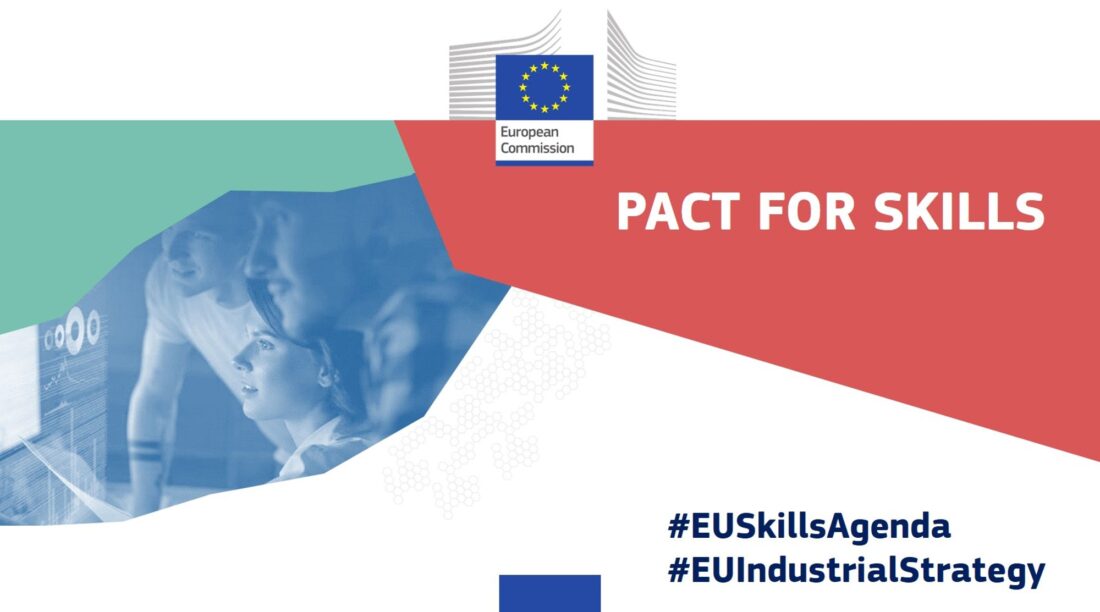Overcrowding, staff shortages, and bureaucracy have hindered the ability of large prison institutions to meet societal and justice-involved individuals’ needs. In response, the RESIZE project — one of only eight EU-approved Blueprint Alliances — aims to reshape detention practices across Europe by introducing small-scale, community-integrated detention houses.
Over the last decade, European prison systems have evolved with societal demands, technology, and changing justice paradigms. However, the correctional workforce structure remains largely unchanged, traditionally operating under a centralised Ministry of Justice. Today, this workforce includes diverse professionals such as social workers, psychologists, educators, and healthcare providers.
The shift towards meaningful and dignified detention emphasizes professional development and interdisciplinary collaboration. With increased involvement from external service providers, capacity-building and competency alignment are critical to bridging gaps in expertise.
Additionally, EU recognition of small-scale detention houses marks a shift in the prison system’s structure. RESIZE Blueprint and LiberateSkills Pact for Skills (No. 248) fosters collaboration to drive this systemic transformation, creating a more effective and human-centered justice system by introducing small-scale, community-integrated detention houses.
Shifting Paradigms: Small-Scale Detention Houses and Ecosystem-Based Justice Reform
Grounded in the RESCALED philosophy, these facilities represent a paradigm shift. They are designed not only to meet the fundamental principles of safety but also to foster sustainable, inclusive, and human-centered justice. At the heart of this innovation is the “ecosystem perspective,” which considers the dynamic interactions between justice, healthcare, social work, education, and employment. These marginal ecosystems require specialized competencies, extending beyond traditional correctional training, to ensure effective service delivery at the intersections of these sectors.
Running from 1 January 2025 to 31 December 2028, the RESIZE project leverages this ecosystem approach to establish a comprehensive framework for workforce development, enhancing the competencies of current and future practitioners in the field. Early activities include the development of a European Qualification Map and Correctional Core Competencies Curricula, supported by Regional Pacts for Skills, a European Correctional Competencies Observatory, a Micro-credentialing Catalogue, and policy proposals for implementing Recognition, Validation, and Accreditation (RVA). These initiatives aim to upskill professionals and align practices with evolving societal needs.
By addressing workforce gaps and promoting collaboration among public, private, and third-sector stakeholders, RESIZE lays the foundation for sustainable workforce development in the justice system.
Driving Innovation Within EU’s Broader Skills Agenda
The RESIZE Blueprint is part of the broader LiberateSkills Pact for Skills (No. 248) initiative, aiming to address skills mismatches across a range of sectors.
Eight projects have been selected, reflecting a diverse range of industries from health to renewable energy. Each project represents a forward-thinking approach to tackling Europe’s evolving skills challenges.
- BRIGHTskills and Xpanding Innovative Alliance (XiA) focus on enhancing the health industry.
- SMARCO aims to bridge digital and cybersecurity skills gaps in smart communities
- RESkill4NetZero is dedicated to developing a scalable skills framework to meet the growing demand for green jobs.
- Skills4EII addresses the skills needed for the energy-intensive industries, contributing to the sector’s transition towards decarbonised production.
- AGRIFOODSKILLS is committed to upskilling workers in areas such as artificial intelligence and future foods.
- Construction Blueprint 2 focuses on creating new strategies and training programmes to develop the skills needed for the construction sector’s green and digital transitions.
The RESIZE Blueprint and the LiberateSkills Pact for Skill (no 248) will advance workforce innovation, foster shared responsibilities, and support the broader transition toward ecosystem-based justice reform.






